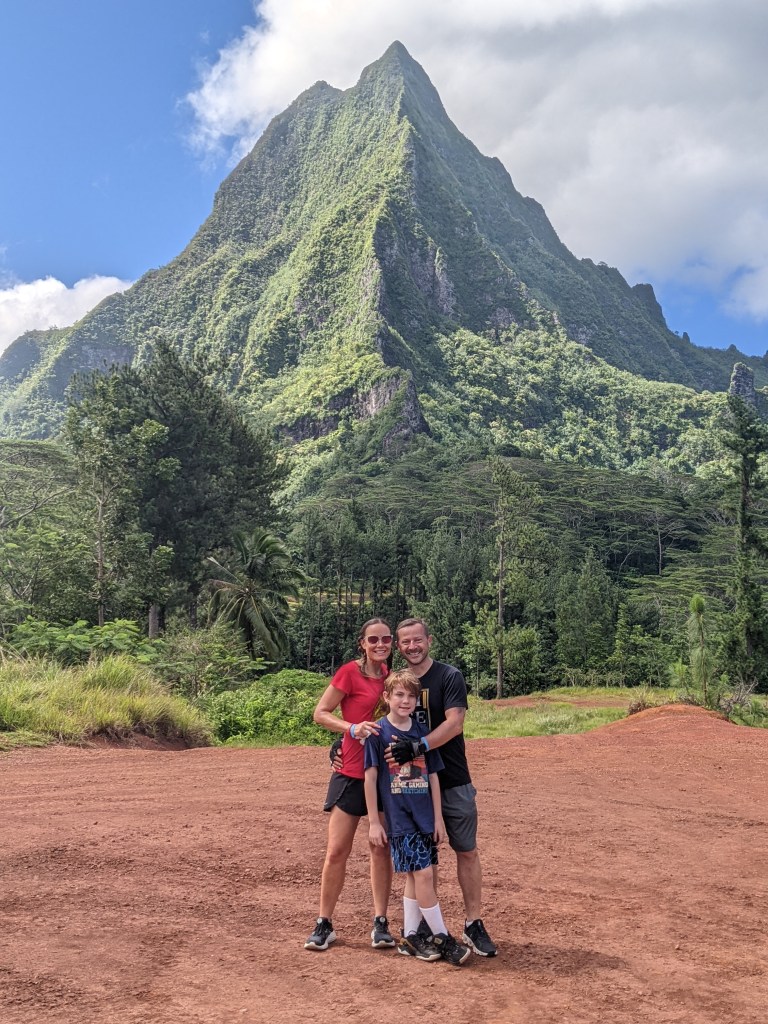Two years after the death of her husband, Brookhaven resident Elizabeth Sokolowski is on a mission to increase screenings for colon cancer – the second leading cause of cancer morbidity and mortality in Georgia.
Krzysztof “Kris” Sokolowski was diagnosed with cancer just a few weeks after the American Cancer Society announced that colon cancer screenings should start at age 45. He was 50 years old when he died in February 2023.
According to the American Cancer Society, the rate of people being diagnosed with colon or rectal cancer has dropped overall since the mid-1980s, mainly because more people are getting screened and changing their lifestyle-related risk factors. From 2012 to 2021, incidence rates dropped by about 1 percent each year in older adults. Those under age 50 have experienced an increase of cancer by 2.4 percent in the same time span.
Men are more likely to develop colorectal cancer at a rate of 1 in 24 for men and 1 in 26 for women, and Black people have approximately 20 percent greater colorectal cancer incidence and a 40 percent greater colorectal cancer-related mortality than white people.
Kris and Elizabeth were shocked when he was diagnosed because he was an active, healthy man in his late 40s. She described him as “full of life.”
“When he got diagnosed, he said it was a gift because it really built on his faith, his community. He was out there sharing his story as much as he could to anyone,” Elizabeth said.
The couple met in 2009, and shared a love of hanging out in Brookhaven’s dog park with friends and travel. Their first international trip was in October 2009 when Kris called Elizabeth and said, “Hey, I’m buying you a ticket to South Africa. You’re going shark diving with me.”
“We were over there for a week, and then extended our trip another week. When we came back, we met each other’s families,” Elizabeth said. “We ended up getting pregnant, having Braden, buying a house, getting married – all that within one year. After we went to South Africa, we just knew, ‘This is it.’”

The Sokolowski family continued traveling the world by visiting Asia, Europe, the United States, and French Polynesia to show the world to Braden, who is now 14.
In December 2020, Kris passed his annual physical with flying colors. “You’re in Iron Man shape,” his doctor told him. But just a few months later, Kris was anemic and couldn’t donate blood with Elizabeth as they’d done many times together. He had blood in his stool, and gurgling in his stomach. He went back to the doctor.
Around Memorial Day 2021, Kris received news that a scan showed a mass on his colon and spots on his liver. Gastroenterologist Dr. Marc Sonenshine cleared his schedule to see Kris, telling him that it appeared to be stage four colorectal cancer and proceeding with a colonoscopy and a biopsy.
“[Dr. Sonenshine] was phenomenal. For him to clear his schedule to meet with us, we were just so thankful for that,” Elizabeth said.
Soon the couple was flying back and forth to M.D. Anderson Cancer Center in Houston, Texas, for testing and treatments, and Kris was receiving chemotherapy at Emory Hospital.
He was beating the odds for a long time, Elizabeth said, until the cancer spread to his liver, sternum, spine, lymph nodes, and abdominal walls.
“Once we figured out where it had spread to, we had to tell our son, which was probably the hardest thing,” said Elizabeth, who depended on a friend to coach her through the difficult conversations.
Elizabeth and Kris remained positive and prayed a lot, she said. When they told Braden the whole picture, he asked, “Dad, are you going to survive this?” She promised Braden they’d always be honest.
“A big part of my healing process is sharing his story and helping others … talking about why it’s so important for getting screened,” she said.
Elizabeth is a proponent of Shield, an FDA-approved blood test done in the doctor’s office that can replace the need for a colonoscopy in low-risk patients. The company reported that in a clinical study, Shield accurately detected colorectal cancer in 54 of 65 individuals.
Now 52, Elizabeth has been consistently screened for colon cancer due to family history: her grandfather, uncle, and cousin had it.
“If you keep up with your colonoscopies, they can catch it early and your survival rate is higher,” she said.



